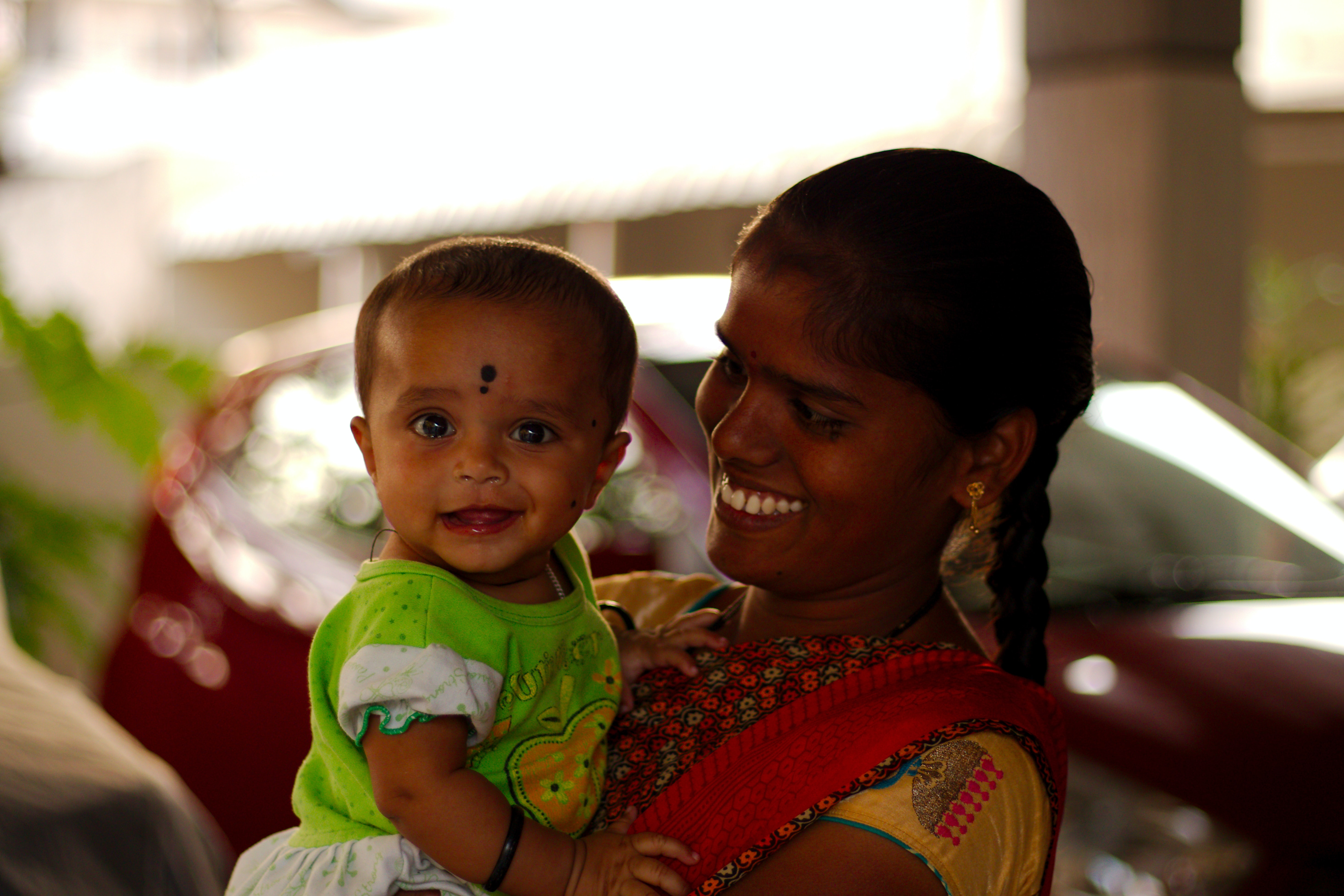Don't Leave them Behind: Global Food Policies Continue to Fail Women
The gender gap is growing. Hunger is growing. Global solutions are not keeping pace with the magnitude of the problem because they continue to overlook the importance of gender equality.
Image

811 million people in the world are going hungry, half a million of whom are on the brink of starvation. Clearly, current approaches are simply not enough to meet the scale of the crisis we are facing. If we continue to do what we have always done, we will continue to see the same problem: people going to bed hungry. We must find better solutions to prevent and end hunger—especially if we are going to meet the Sustainable Development Goal of Zero Hunger by 2030.
One of the first things we can do is consider who is going hungry. Using the term “people” hides part of the problem: gender inequality. Globally, women are 10% more likely to go hungry than men, and that gap is growing. In Somalia, for example, men are eating smaller meals; women are skipping meals altogether. We see this inequality play out at the international level, too — global solutions consistently ignore women, their rights, and the critical role women play in food systems.
Of 84 global policies and plans designed to address hunger released between September 2020 and December 2021, only 4% refer to women as leaders who should be part of the solution or provide funding to support them. 39% overlook women entirely. This is unacceptable. Ending hunger will take everyone’s talents, opinions, and work. It requires promoting equality, respecting rights, and truly listening to the people who are on the frontlines of the problem. Local food producers and leaders — especially women — must be a core part of the solution.
Women aren’t just left out of creating solutions to end hunger; the organizations tasked with supporting them actually make them invisible. This makes it nearly impossible to determine the full scope of the problem. Of all available global datasets and dashboards on hunger or gender equality, only one — from UN Women — provided sex-disaggregated data, and that is only for 2019.
In September 2020, CARE published the report Left Out and Left Behind, which detailed how women face incredible obstacles — even more than men — getting enough food during emergencies. COVID-19, which has led to food crises and a rollback in women’s rights and gender equality, has created an untenable situation for women. Women were facing hunger at higher rates than men, and the global policies and approaches that aim to address the problem were overlooking women, their skills, and their rights. By November 2020, Sometimes We Don’t Even Eat showed that millions of women were on the brink of famine.
The situation is getting worse. In 2021, the number of people without enough food is rising. 811 million people are hungry, 17% more than before the pandemic. 161 million people were likely facing serious food insecurity in November 2021. More than half a million people are already experiencing famine-like conditions. Gender equality is getting worse, too. Women’s rights have rolled back by a generation. COVID-19, climate change, and conflict are all driving rising food prices and fueling the hunger crisis.
At the same time, the gender gap in hunger is growing. Now, women are 10% more likely to be hungry than men. Before the pandemic, the gap was only 6%. That gap will continue to grow as climate change, COVID-19, and conflict drive hunger—and gender inequality. Even worse, people are less likely to involve women than men in identifying solutions to their problems, or even ask about what they need. For example, in Afghanistan, 70% of men said that someone had asked them what they need. 70% of women said no one had even asked.
Women play a key role in food. Overlooking women and their role in food systems is a mistake. Women produce, harvest and sell food, but are often ignored when it comes to policies and funding. Women are also responsible for 85–90% of the cooking and most of the grocery shopping. If there’s food on a plate, that’s almost always because a woman put it there. This is especially true in a crisis. In savings groups CARE works with, 73% of those women are using their savings or social funds to help themselves and other members of their communities cope with COVID-19, including by buying food. Women in savings groups—who have more power at home and more income than many of their peers—are 1/3 as likely to report food security as a problem than women without a savings group.
Policies have improved slightly since 2020, but they are still failing women. In 2020, CARE reviewed 73 reports proposing solutions to the “hunger pandemic”—the effects of COVID-19 on rising food insecurity. They showed indifferent commitments to gender equality and few solutions that included women leaders and their rights. Not one used data about women and their needs to guide policies and recommendations. In the 84 policies that have come out since then, there has been a modest improvement. Nevertheless, the lack of gender awareness remains staggering.
The gender gap is growing. Hunger is growing. Life-threatening food insecurity is growing. Global solutions are not keeping pace with the magnitude of the problem because they continue to overlook the importance of gender equality.
Global policies must work towards equality if we ever hope to end hunger, not just this year, but into the future. That requires investing money, time, and training in women leaders; listening to their voices; and honoring their right to be at all tables where decisions are made.




